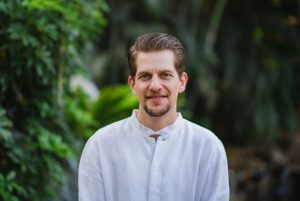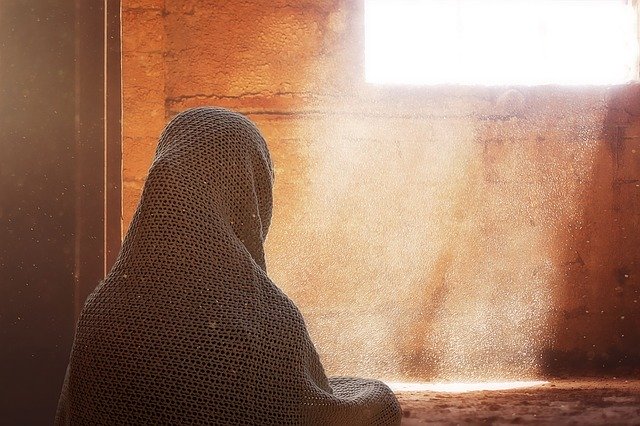Most people these days are feeling stressed out, constantly on edge, and anxious. This is a normal and reasonable response to all the dangers that we hear every day via the news and social media. Many people need strategies to manage stress right now. You are not alone!
We have to understand our nervous system is always evaluating our environment for safety and risks. If it senses a threat to our safety, it will help us focus on it, so that we can be ready to take action against the threat, if needed. This is the basis of the fight or flight response.
The aim of this response is to keep us alive. If we are always on the lookout for something that can hurt us, then we’re prepared to act, but because the current threat is a small virus with no known treatment, yet, we aren’t able to use this response in an effective way.
We can’t battle or run from a virus like we could from a tiger. It’s as if our nervous system is gearing up for action without having any outlet for that energy. It’s easy to feel ramped up, on edge, and anxious.
So, what can we do to manage our stress and maintain good health? Here are 4 simple strategies to manage stress.
#1 Continue To Engage With People Who Are Close To Us & Feel Safe
The main remedy for the stress response is social interaction. There is interesting research about something called ‘the social engagement system’. The effect of interacting with people that we care about and trust can dampen some of the effects of stress and make us feel both calm and activated.
Even though we are all social distancing, we should find ways to connect with others. Whether it’s close family we already live with, or whether, online through Skype, Google Hangouts or Facebook chat. Try and pick something with video and make it a habit to stay in touch.
#2 Do Things That Are Within Your Control
One of the most difficult things for human beings to cope with is the feeling of being out of control or helpless. There is always something, even if it’s a small thing, that we can do and that we do have control over.
If cleaning your house, wearing a mask, and using hand sanitizer helps you feel more empowered and calmer, then do it. Make routines, and stick to them. Go for a walk every day at 9:30am, read a chapter of a book every day at 2pm, do an online fitness class at 4.30pm.
Of course, we should stay informed, but stick to reputable sources like the WHO, as well as your local government for trusted information.
It’s the ‘not doing’ that’s keeping the stress response fired up. Do the things that you can to have an outlet for that energy. The most important thing to do is to focus on the things that you can and should do.
#3 Limit The Time You Spend Online Or Watching The News
With the overwhelming coverage and even some false information coming out, it’s overwhelming and at times even frightening. Now, this goes without saying, we should be informed, so stick to reputable sources like the WHO as well as your local government for trusted information.
Check in on what’s happening every so often, even set a time for it in your routine, and then disconnect. Give your nervous system some time to relax.
#4 No Big Decision Making For Now
When we are in prolonged periods of stress, we are more likely to make impulsive, unhealthy and unhelpful choices. This is because during those periods of high stress our minds are clouded with emotions and racing thoughts.
Biologically this makes perfect sense, we aren’t able to really think clearly when we’re in the midst of a fight or flight response, and we are just trying to survive. Save any big decisions for when your system is calmer and more balanced, if you can.
As I mentioned before, some stress and emotional fatigue for the moment is unavoidable, so I’d like to leave you with this final thought. Failing to embrace our stress only creates more stress – which makes us unhealthy.
We need to do what we can, and if that’s not enough, make sure to reach out to friends, family or even a professional for support. Times are tough for so many of us, and we need to make sure we are taking care of ourselves as well as others and make sure we make time to find our own strategies to manage stress.
You can find much more information on living a holistic lifestyle in these free magazines and on our YouTube channel.

Dr. Tal Friedman is the Head Naturopath and Research & Development Specialist at Chiva-Som, the leading international health and wellness resort in Hua Hin, Thailand. He completed an undergraduate degree from Toronto’s York University in Kinesiology and Health Science. He also received specialized honours for his focus on sports nutrition. He then completed a post graduate Doctorate of Naturopathic Medicine (ND) from Toronto’s Canadian College of Naturopathic Medicine, and also spent 12 months at the Robert Schad Naturopathic Clinic for his clinical internship. He has also helped to treat a number of health concerns like blood sugar, blood pressure, arthritic conditions and cholesterol.






